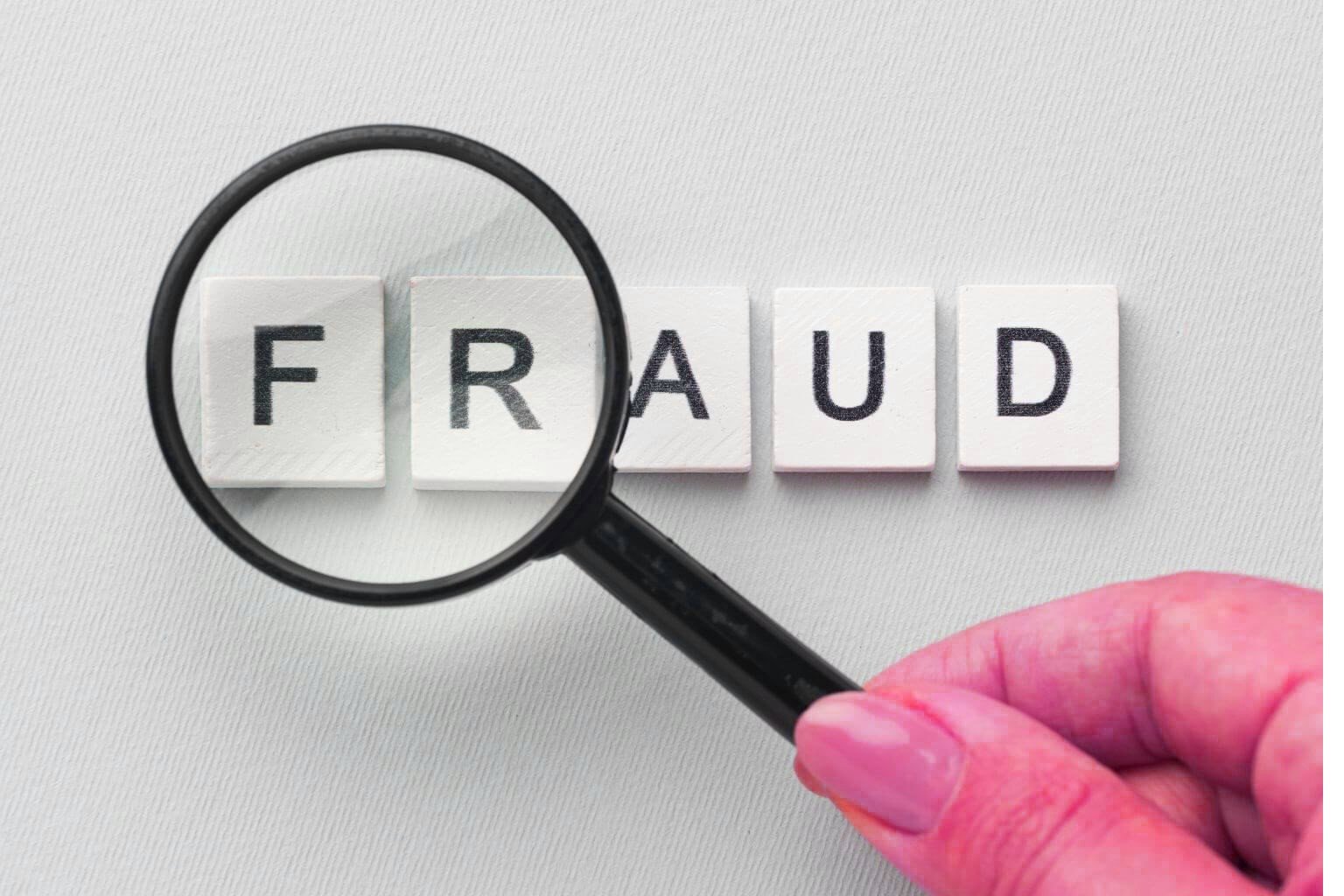Consumer Fraud and Scam Protection: Safeguarding Your Finances and Identity

Consumer fraud and scams have become pervasive in today’s digital age, causing financial losses and emotional distress to countless individuals. As technology advances, so do the methods employed by fraudsters. In this comprehensive guide, we’ll explore the landscape of consumer fraud, common types, warning signs, and effective strategies for protection.
Contents
- 1 Definition of Consumer Fraud and Scam
- 2 Prevalence and Impact on Consumers
- 3 Common Types of Consumer Fraud
- 4 Warning Signs of Consumer Fraud
- 5 Protecting Yourself from Scams
- 6 Reporting and Seeking Assistance
- 7 Real-Life Scam Stories
- 8 Emerging Trends in Consumer Fraud
- 9 The Role of Education in Fraud Prevention
- 10 Collaborative Efforts Against Fraud
- 11 Future Challenges and Solutions
- 12 Conclusion
- 13 FAQs
Definition of Consumer Fraud and Scam
Consumer fraud refers to deceptive practices aimed at exploiting individuals for financial gain. Scams come in various forms, from online schemes to identity theft and telemarketing fraud.
Prevalence and Impact on Consumers
The widespread nature of consumer fraud poses significant threats to individuals and their financial well-being. Understanding the prevalence and impact is crucial for effective protection.
Common Types of Consumer Fraud
Online Scams
The internet has opened new avenues for fraud, including phishing, fake websites, and fraudulent online purchases. Vigilance is key to avoiding falling victim to these scams.
Identity Theft
Stealing personal information to commit fraud remains a prevalent threat. We’ll delve into the methods used by identity thieves and how individuals can protect themselves.
Financial Fraud
Scammers often target individuals’ financial accounts. Explore the various tactics employed and the importance of secure financial practices.
Telemarketing Scams
Unscrupulous telemarketers use deceptive tactics to trick individuals into providing sensitive information or making fraudulent purchases. Recognizing these scams is essential for protection.
Warning Signs of Consumer Fraud
Unusual Requests for Personal Information
Legitimate entities rarely request sensitive information through unsolicited channels. Learn to recognize red flags and protect your data.
Too Good to Be True Offers
Scammers often lure victims with promises of unrealistically high returns. Discover how to spot these deceptive offers and avoid falling into the trap.
High-Pressure Sales Tactics
Fraudsters use pressure tactics to force quick decisions. We’ll discuss how to stay composed and avoid making impulsive choices that may lead to fraud.
Protecting Yourself from Scams
Strengthening Online Security
Implementing robust online security measures is crucial in today’s digital world. From using strong passwords to enabling two-factor authentication, we’ll cover effective strategies.
Being Skeptical of Unsolicited Communications
Whether through emails, calls, or messages, unsolicited communications can be potential scams. Develop a healthy skepticism and verify the legitimacy of the source.
Verifying the Legitimacy of Businesses
Before engaging with a business, it’s essential to verify its legitimacy. We’ll provide practical tips on researching companies and avoiding fraudulent transactions.
Read More: Protecting Your Assets Through Securities and Investment Law
Reporting and Seeking Assistance
Reporting to Authorities
Reporting scams to the appropriate authorities is vital for combating fraud. Learn about the agencies that handle consumer fraud complaints and how to file reports.
Utilizing Consumer Protection Agencies
Consumer protection agencies play a crucial role in assisting victims of fraud. Explore the services they offer and how they can help individuals navigate the aftermath of scams.
Legal Recourse for Victims
Understanding legal avenues for recourse is essential for victims. We’ll discuss potential legal actions and how individuals can seek justice against fraudsters.
Real-Life Scam Stories
Personal Accounts of Fraud Victims
Hearing real-life stories from fraud victims can provide valuable insights. We’ll share personal accounts, lessons learned, and advice from those who have experienced consumer fraud.
Lessons Learned and Advice
Drawing lessons from real-life experiences, we’ll provide practical advice on avoiding scams and navigating the challenges that may arise.
Emerging Trends in Consumer Fraud
Technology-Based Scams
With technological advancements, fraudsters continually evolve their tactics. Stay informed about the latest technology-based scams and how to protect yourself.
Social Engineering Techniques
Fraudsters often use psychological manipulation to exploit individuals. Recognize social engineering techniques and fortify your defenses against these tactics.
Globalization’s Impact on Fraud
As the world becomes more connected, fraud has a global reach. Understand how globalization influences the landscape of consumer fraud and the challenges it presents.
The Role of Education in Fraud Prevention
Promoting Consumer Awareness
Education is a powerful tool in the fight against fraud. Discover how promoting consumer awareness can empower individuals to recognize and avoid scams.
Integrating Anti-Fraud Education in Schools
Incorporating anti-fraud education in school curricula can instill essential skills and knowledge early on. We’ll explore the importance of education in building a fraud-resistant society.
Collaborative Efforts Against Fraud
Government Initiatives
Governments play a crucial role in combating consumer fraud. Explore the initiatives and measures governments take to protect citizens from scams.
Industry Partnerships
Collaboration between industries is key to creating a united front against fraud. Learn how businesses and organizations work together to share information and enhance fraud prevention measures.
Community Engagement
Building a strong community network is an effective way to combat fraud. We’ll discuss the importance of community engagement and how individuals can actively contribute to a safer environment.
Future Challenges and Solutions
Adapting to Evolving Fraud Tactics
Fraud tactics continually evolve. Explore the challenges posed by emerging fraud methods and how individuals and authorities can adapt to stay ahead.
Technological Advancements in Fraud Prevention
Technology not only aids fraudsters but also provides tools for prevention. Discover how advancements in technology contribute to more robust fraud prevention measures.
Read More: Protecting Cultural Heritage and Artists Through Art Law
Conclusion
In conclusion, safeguarding oneself from consumer fraud requires a combination of awareness, vigilance, and education. By understanding common types of scams, recognizing warning signs, and adopting protective measures, individuals can significantly reduce their risk of falling victim to consumer fraud and scams. It’s crucial to stay informed about the latest trends, remain skeptical of unsolicited offers, and take proactive steps to secure personal information.
In this ever-changing landscape, personal stories from fraud victims serve as powerful reminders of the importance of vigilance. By sharing these experiences, we not only empathize with victims but also learn valuable lessons that can fortify our defenses.
FAQs
How can I recognize an online scam?
Look for red flags such as unsolicited emails, requests for personal information, and offers that seem too good to be true. Always verify the legitimacy of websites and businesses.
What should I do if I’ve fallen victim to identity theft?
Act quickly by reporting the incident to the authorities and relevant financial institutions. Change passwords, monitor accounts, and consider placing a fraud alert on your credit reports.
Are there government agencies that handle consumer fraud complaints?
Yes, several government agencies, such as the Federal Trade Commission (FTC) in the United States, handle consumer fraud complaints. Report scams promptly to aid in their investigation.
How can I contribute to community efforts against fraud?
Engage with local initiatives, share information about scams within your community, and participate in educational programs. A well-informed community is better equipped to prevent fraud.
What role does technology play in preventing consumer fraud?
Technology serves a dual purpose – aiding fraudsters and empowering prevention efforts. Stay updated on security measures, use antivirus software, and enable two-factor authentication to protect yourself.





